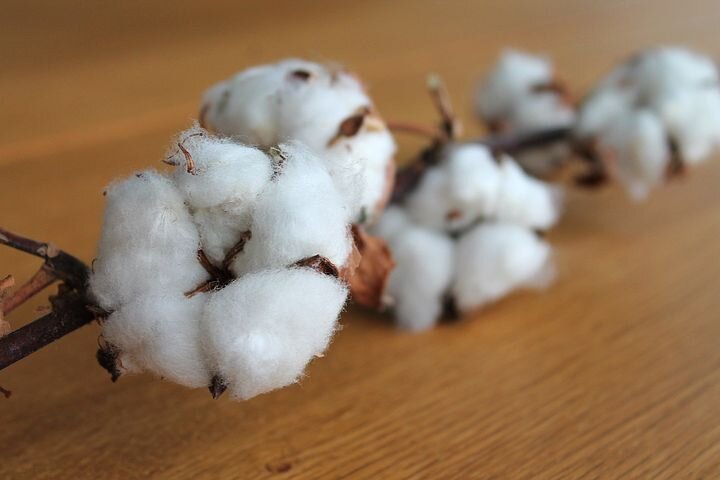Hemp is not new to the scene, but its reemergence is striking up new conversations. Not only does the hemp plant have an array of health benefits but it is quickly becoming a front-runner for sustainability. Whether by producing recyclable plastic products or by contributing to soil health, growing hemp may be a sustainable solution for the future of many industries, namely plastic, cotton, and paper.
Plastic
Plastic is traditionally made with petroleum, which carries with it many negative health components and lasts for hundreds to a thousand years. Not only does petroleum negatively affect human health, it is harmful to the planet as well. Detrimental and unsustainable, moving away from the use of petroleum in plastic would be beneficial for humans and the health of our planet.
Plastic waste continues to accumulate, lasting hundreds to thousands of years.
Alternatives to traditional plastics include biocomposites, where hemp fiber is added to traditional polymers, and biopolymers, where the polymer itself is made from hemp. Hemp biocomposites can be added as replacements to other non-sustainable plastics and composites. This technology exists today, and its utilization is growing in industries such as automotive and sporting goods. The incorporation of hemp can reduce the amount of petroleum materials in these applications by up to 60 percent. Hemp-based polymers – either made from the oil of the grain or the cellulose from the stalk – are still in early research or commercialization stages but pose a strong, safe, and sustainable alternative to petroleum-based plastics for the future.
Cotton
Cotton is inferior to the hemp plant in terms of sustainability and environmental health.
Cotton, another staple in society, only produces cotton and cottonseed, meaning the stalk portion of this plant go unused. Known for producing breathable clothing, cotton eliminates odors but still allows the growth of bacteria. The cotton plant also requires pesticides, depleting nutrients from the soil and negatively impacting the environment in which it is grown.
Compared to cotton, hemp is more durable and more environmentally friendly. Hemp uses less water to grow and can thrive in close growing conditions to other hemp plants, increasing yield. Every part of the hemp plant can be used for a purpose, leading to products such as oil, grain, rope and more. Hemp clothing is breathable and durable, offering advantages over cotton in applications like work wear.
Paper
Just as cotton is a frontrunner in the fiber industry, paper made from wood pulp is abundant. Using wood is cheaper to produce and therefore currently more accessible, however it causes deforestation which results in many detrimental environmental effects.
Traditional paper made from wood pulp is currently more accessible. Producing a blend of recycled paper and hemp paper is a more sustainable and durable alternative.
Paper made from hemp fiber pulp is more durable than standard paper made from wood pulp and can be grown as a row crop. More expensive to produce, hemp paper is less accessible and available, meaning a blend of post-consumer recycled paper and hemp fiber is currently a more realistic and attainable solution. Growing hemp for paper on marginal row crop land can reduce deforestation practices while not competing with agriculture for food. Durable and more sustainable, hemp paper is a great alternative to paper from wood pulp.
As hemp quickly becomes a common topic of conversation, the possibilities of its use as a sustainable alternative are seemingly endless. Environmentally friendly plastic, durable and breathable clothing, and sustainable paper products are only a few aspects of daily life that hemp may continue infiltrate. To learn more about the many uses of the hemp plant, check out our Education page.




